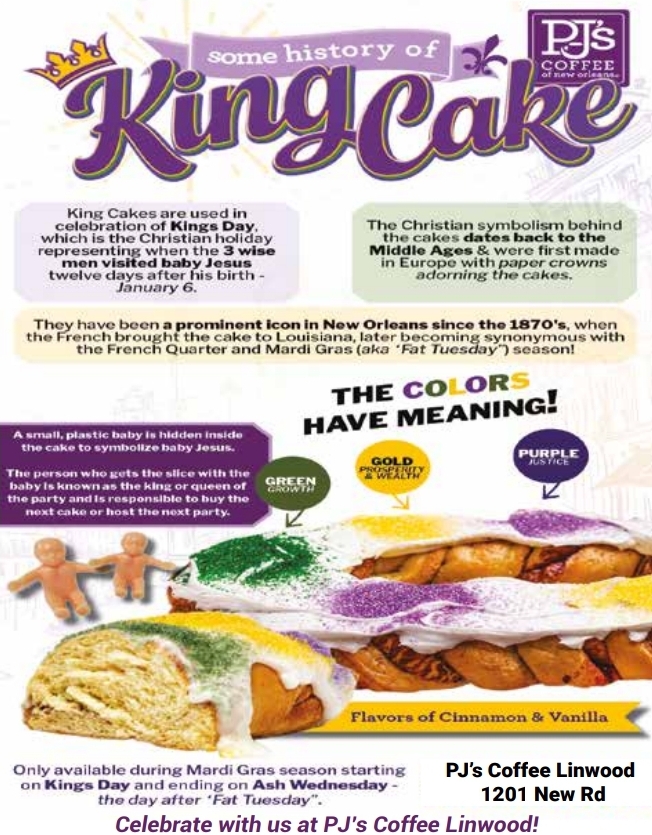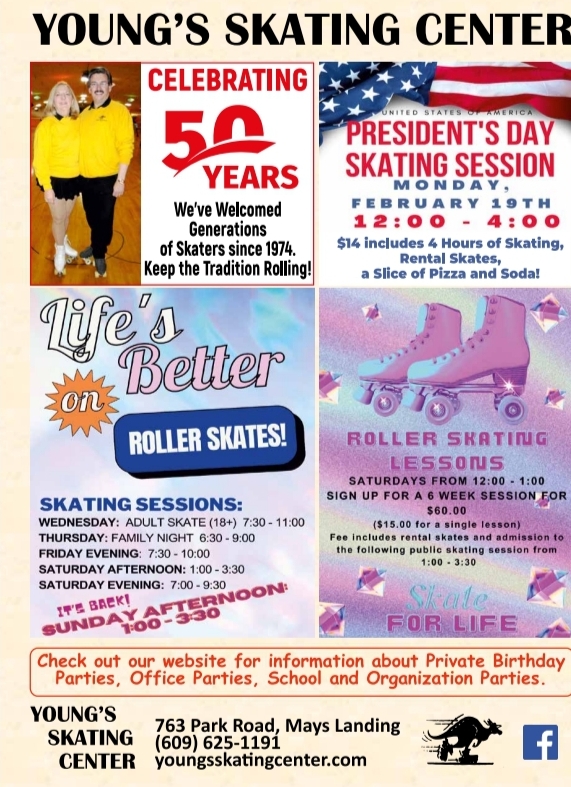By Holly Fertsch
It’s January, which means it’s Human Trafficking Prevention Month. According to the U.S. Department of State, more than 27.6 million people around the world are subjected to human trafficking.
What is human trafficking?
Human trafficking refers to perpetrators using force, fraud or coercion to exploit someone to perform labor or services. Here are two types of human trafficking:
- Forced labor
This is also referred to as labor trafficking. Some nonprofits and advocacy groups use the term “modern slavery”. This form of trafficking involves perpetrators exploiting people to profit off of their labor.
Debt slavery is one form of this, in which a trafficker withholds someone’s pay until they have paid off a debt. Traffickers also usually confiscate people’s passports or ID cards so they cannot flee.
Domestic servitude is another type of forced labor, in which a victim is forced to work in a private residence. The perpetrators often isolate them and control access to food, housing and transportation. Foreign domestic workers are particularly vulnerable since language and cultural barriers may prevent them from getting help.
- Sex trafficking
This term refers to perpetrators using force, fraud, or coercion to exploit someone for commercial sex. It also refers to the involvement of minors in the commercial sex industry.
Sex trafficking can occur in a variety of places, including private homes, hotels, and on the internet.
Even if consent is initially given, it is considered human trafficking if perpetrators go on to use force, fraud or coercion to exploit a victim for subsequent commercial sex acts.
Child sex trafficking is one form of sex trafficking. Minors cannot legally consent to commercial sex acts.
What are some indicators of human trafficking?
- Employees living with their employer.
- Signs of physical abuse.
- Employers who hold employees’ identity documents.
- Workers who are unpaid or paid very little.
- Youth under the age of 18 in the commercial sex industry.
Who is at risk?
Risk factors for human trafficking include recent immigration or relocation, mental health struggles, and substance abuse. Homeless youth and youth who have been in foster care are also at risk.
AVANZAR, a local nonprofit, supports people under the age of 21 who have been subjected to human trafficking. AVANZAR’s Dream Free program provides holistic services for these individuals.
Claudia Ratzlaff, CEO of AVANZAR, when asked what signs of human trafficking to look for, commented: “Certainly homeless youth are very vulnerable… A youth that doesn’t have support. Probably has a difficult family life or a nonexistent family life or is coping with their internal struggles or struggles with the family and, you know, doesn’t see options and is vulnerable to predators.”
Ratzlaff adds, “It’s a lot with people, of course, who want to come into the US as well. Their lives are very much in danger. It’s about individuals who don’t have secure employment and go from community to community and are just vulnerable.”
Immigrants and undocumented people are often targeted by human traffickers.
How can I help?
Here are ways you can help end human trafficking and help victims:
- Educate yourself about it.
There are a lot of conspiracy theories about human trafficking rings, and the facts about human trafficking can get lost in the process. Look for information about human trafficking from sources you can trust, such as reputable nonprofit organizations and government websites. I recommend checking AVANZAR’s website to see how trafficking affects our local community and how to best respond to it. Visit https://avanzarnow.org/. For information on human trafficking on a national scale, see the following website: https://www.state.gov/identify-and-assist-a-trafficking-victim/.
- Organize a fundraiser.
In college, I helped fundraise for a global NGO called International Justice Mission, which combated human trafficking by working with law enforcement entities. For a more local option, consider donating to AVANZAR. AVANZAR is a nonprofit based in South Jersey that helps youth across New Jersey who have been trafficked. You can use the following link to donate to AVANZAR: https://avanzarnow.org/programs-services/human-trafficking/.
- Be a conscientious consumer.
Do what you can to avoid buying products from companies that use forced labor or child labor. The following website can help you determine whether a product was ethically made: ResponsibleSourcingTool.org.
- Volunteer with anti-trafficking agencies in your local community.
AVANZAR is looking for volunteers to man hotlines and assist victims of human trafficking. If you have a desire to help, AVANZAR will provide training for you to learn to do so.
- Call or email your local or state representatives to tell them constituents care about ending human trafficking.
Many anti-trafficking nonprofits have scripts and templates to use for contacting representatives and urging them to take action.
- Mentor an at-risk child or teenager.
Traffickers target youth who lack strong support systems and feel alone. See if there are any local mentoring organizations you can volunteer with, such as the Boys & Girls Club of Atlantic City.
- Talk to your kids about how to stay safe.
The following website has guidance on how to protect children from predators: https://www.fbi.gov/how-we-can-help-you/parents-and-caregivers-protecting-your-kids.
- Learn about trauma-informed practices and consider implementing them in your business, medical practice, law practice or school.
You can utilize AVANZAR’s resources to learn to be a better neighbor to those in our community who have experienced human trafficking.
What to do if I need to report human trafficking?
Call 911 for emergencies and urgent situations.
Tip off authorities to potential human trafficking situations by calling 1-888-373-7888 for the National Human Trafficking Hotline. This is a 24-hour, multilingual, toll-free hotline.
Call AVANZAR if you or someone you know is a victim of human trafficking. Here is their 24-hour hotline: 1-800-286-4184.














